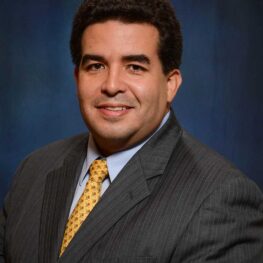
Manuel A. Gómez Valdez



Introduce tu número y te llamamos inmediatamente.
Te contactaremos una semana antes del seminario para confirmar tu asistencia y completar el pago de la inscripción.
Por favor, completa el siguiente formulario para ponernos en contacto contigo:
Por favor, completa el siguiente formulario para ponernos en contacto contigo:
Por favor, completa el siguiente formulario para ponernos en contacto contigo:
Por favor completa el siguiente formulario para ponernos en contacto contigo.